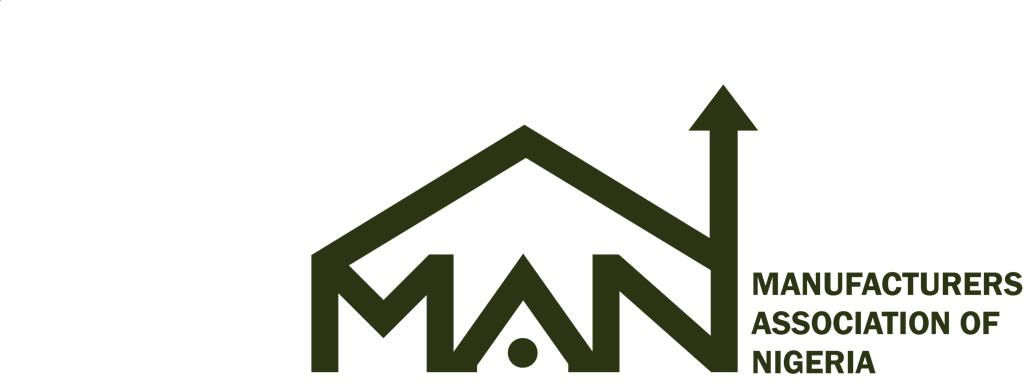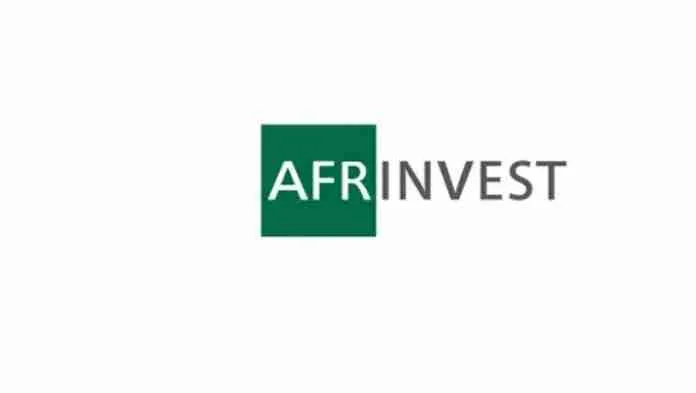Manufacturers in Nigeria recorded a slight boost in confidence during the fourth quarter of 2024, driven by increased consumer demand in the festive season, according to the latest Manufacturers CEOs Confidence Index (MCCI) report by the Manufacturers Association of Nigeria (MAN).
The aggregate MCCI rose by 0.5 points to 50.7 in Q4 2024, up from 50.2 in the previous quarter. However, on a year-on-year basis, the index fell by 1.1 points compared to the 51.8 recorded in the corresponding period of 2023.
MAN’s report highlighted that business conditions, employment, and production levels showed moderate improvements due to the seasonal rise in demand. However, these indices remained below the 50-point benchmark, reflecting the persistent macroeconomic challenges confronting the manufacturing sector.
“Manufacturing operations were directly stalled by the lingering effects of the high cost of raw materials, energy and logistics as the existence of high exchange rate, interest rate and inflation rate remained unfavourable to the overall business environment,” the report stated.
An index above 50 points signals economic expansion, while a score below 50 suggests a deteriorating business climate.
Looking ahead, the report projected a slight decline in manufacturers’ confidence for the first quarter of 2025, though it remains above the 50-point threshold.
“The projected business condition in Q1 2025 slid from 56 points to 53.2 points,” the report stated. “The projected employment condition also dropped from 53.8 points to 53 points while the expected production level declined from 54.3 to 54 points.”
This decline reflects concerns over slowing business activity in early 2025. However, manufacturers maintain moderate optimism due to expectations of a more stable exchange rate, a pause in interest rate hikes, a minimal drop in energy prices, and the enactment of favourable Tax Reform Bills.
Across manufacturing sub-sectors, confidence levels improved in seven out of ten groups, while Basic Metal, Iron & Steel, Electrical & Electronics, and Non-Metallic groups experienced contractions.
The report noted that delays in operationalising Ajaokuta Steel Company and the Aluminum Smelter Company have made operators in the basic metal, iron, and steel sector highly dependent on imported raw materials, exposing them to foreign exchange volatility.
In terms of industrial zones, manufacturers in Ikeja, Kwara/Kogi, Apapa, Imo/Abia, Ogun, Abuja, Edo/Delta, Cross River/Akwa Ibom, and Oyo/Ondo/Ekiti/Osun recorded index scores above the 50-point benchmark.
However, confidence levels in some zones still declined. “The contracted confidence in Kwara/Kogi, Anambra/Enugu, Imo/Abia and Edo/Delta Industrial Zones shows that the operators remain highly affected by the outrageous increase in electricity tariff, high borrowing cost as well as the effect of high exchange rate on cost of shipment,” the report said.
Despite economic uncertainties, manufacturers in Abuja, Apapa, Ikeja, Ogun, and Oyo/Ondo/Ekiti/Osun benefited from a relatively stable exchange rate and increased consumer demand during the festive period.












